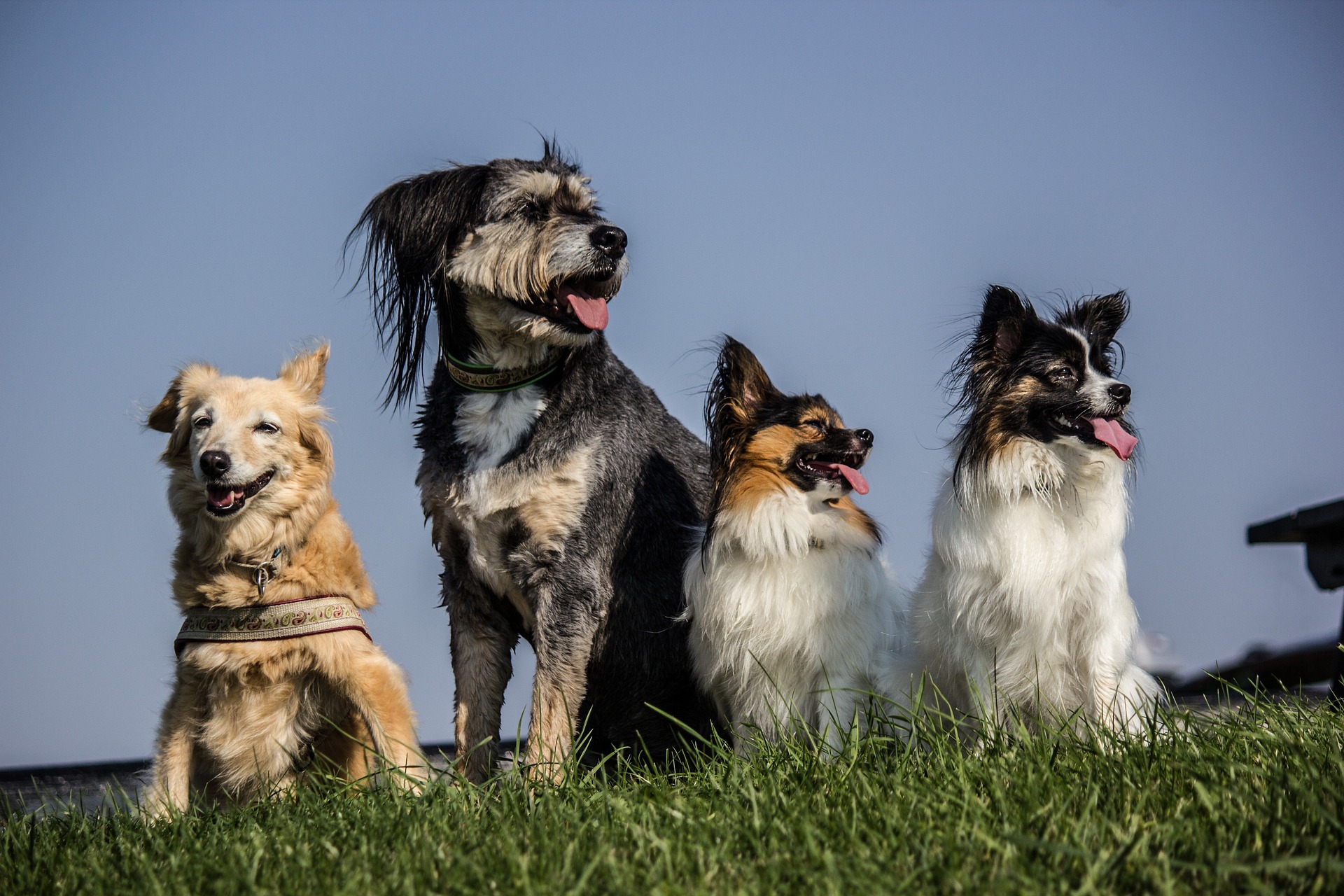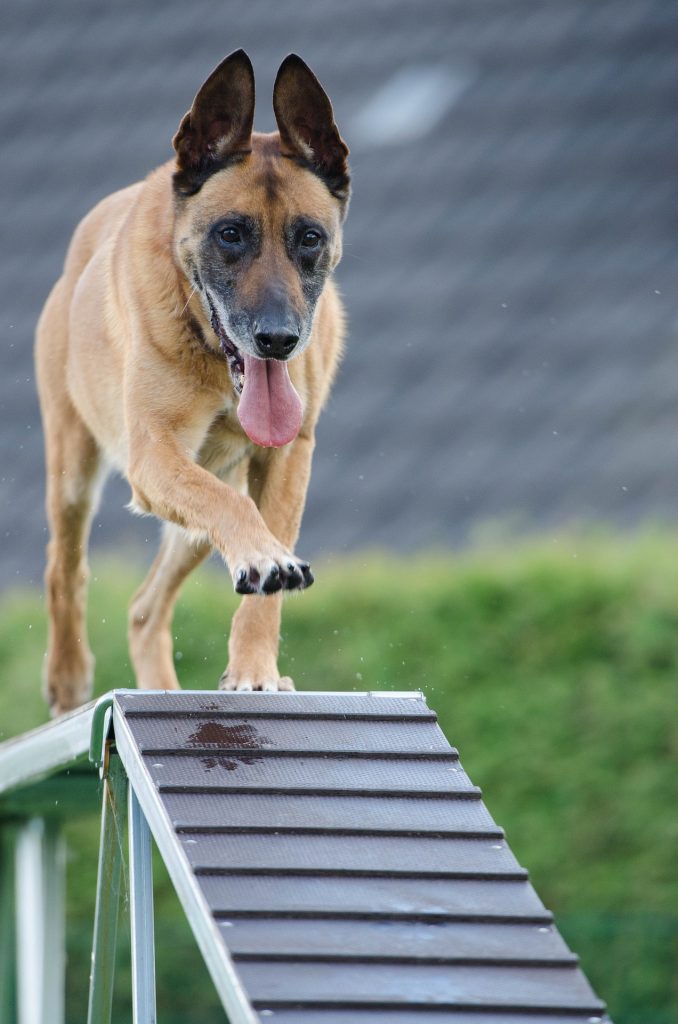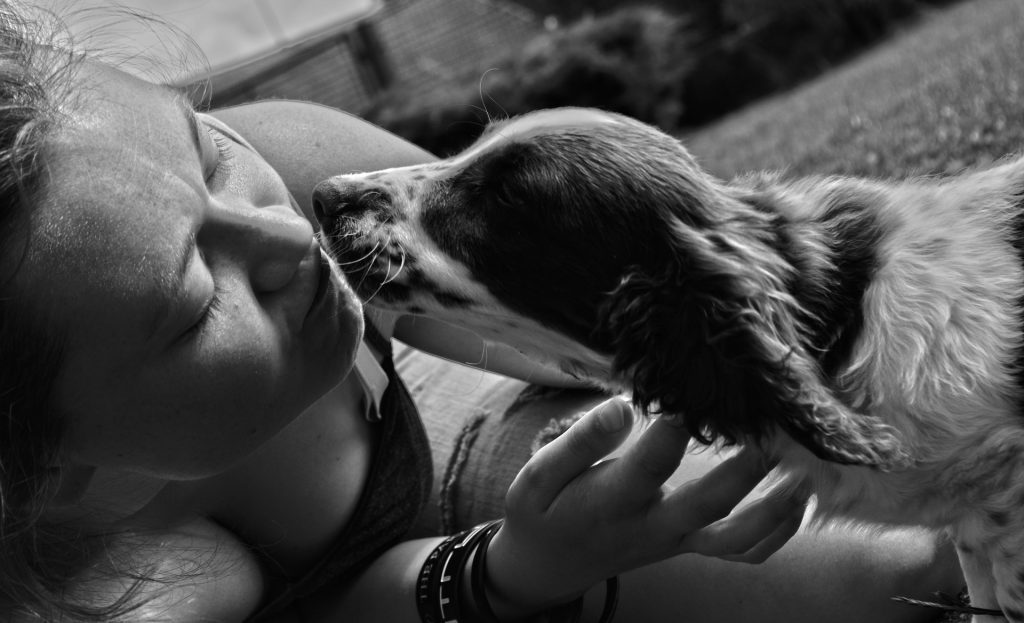Kennel cough, also known as canine infectious tracheobronchitis, is a common respiratory illness in dogs. It’s highly contagious and can spread rapidly in places where dogs are in close contact, such as kennels, dog parks, and grooming salons. Here’s what you should know:
Causes
Kennel cough is typically caused by a combination of pathogens, including:
- Bordetella bronchiseptica: A bacterium often considered the primary cause.
- Canine parainfluenza virus: A virus that can also contribute to the disease.
- Canine adenovirus type 2: Another virus involved in some cases. Other viruses and bacteria can also be involved, sometimes making the disease more complex.
Symptoms
The main symptoms of kennel cough include:
- Hacking cough: Often described as a dry, harsh cough that sounds like a honking noise.
- Gagging or retching: Especially after coughing.
- Runny nose: This may be clear or purulent.
- Sneezing: Commonly accompanies the cough.
- Lethargy: Dogs might seem less energetic than usual.
- Mild fever: Not always present, but it can occur.
Transmission and Risk Factors
- Highly Contagious: Kennel cough spreads easily through aerosolized droplets when an infected dog coughs or sneezes. Direct contact with infected dogs, shared water bowls, or contaminated surfaces can also facilitate the spread.
- Risk Factors: Dogs in high-density environments (like shelters or boarding facilities) are at greater risk. Puppies, senior dogs, and those with weakened immune systems are more susceptible to severe forms of the disease.
Diagnosis
A veterinarian will typically diagnose kennel cough based on:
- History and symptoms: The dog’s recent exposure to other dogs and the characteristic cough.
- Physical examination: Listening to the lungs and throat.
- Tests: Sometimes a vet might recommend X-rays, blood tests, or cultures to rule out other conditions or determine the specific cause.
Treatment
In most cases, kennel cough is mild and can be managed at home. Treatment may include:
- Cough suppressants: To help manage the cough, though not always recommended as it can be part of the body’s natural way of clearing the infection.
- Antibiotics: If a bacterial infection is suspected or if there’s a secondary bacterial infection.
- Anti-inflammatory medications: To reduce inflammation and discomfort.
- Humidifiers or steamy baths: To help soothe the throat and airways.
Complications
- Chronic Bronchitis: If kennel cough is not properly treated, it can progress to chronic bronchitis, characterized by a persistent cough and respiratory issues.
- Pneumonia: In rare cases, particularly if the dog has an underlying health issue or is very young or old, kennel cough can progress to pneumonia, which requires more intensive treatment.
Prevention
To reduce the risk of kennel cough:
- Vaccination: There are vaccines available for Bordetella bronchiseptica and other pathogens involved. It’s especially important if your dog frequently interacts with other dogs.
- Good hygiene: Keeping environments clean and minimizing exposure to sick dogs.
- Avoid high-risk areas: If possible, avoid places with high dog traffic if your dog is not vaccinated or showing symptoms.
When to See a Vet
While kennel cough is usually not serious, you should consult a vet if:
- Symptoms persist: If the cough lasts more than a week or worsens.
- Severe symptoms: Such as high fever, difficulty breathing, or loss of appetite.
- Underlying health issues: If your dog has other health problems or is very young, old, or immunocompromised.
Most dogs recover from kennel cough with proper care, but it’s important to monitor their condition and seek veterinary advice if needed.
Long-Term Outlook
- Recovery: Most dogs recover fully from kennel cough within a few weeks. It’s important to complete any prescribed medication and follow the vet’s advice to ensure a full recovery.
- Follow-Up: If symptoms persist beyond the typical recovery period or if your dog’s condition worsens, follow up with your vet to address any potential complications.
Overall, while kennel cough is generally not life-threatening, keeping an eye on your dog’s health and seeking veterinary care when necessary is essential for their well-being.




 On demand visits for urgent issues 24/7
On demand visits for urgent issues 24/7 










